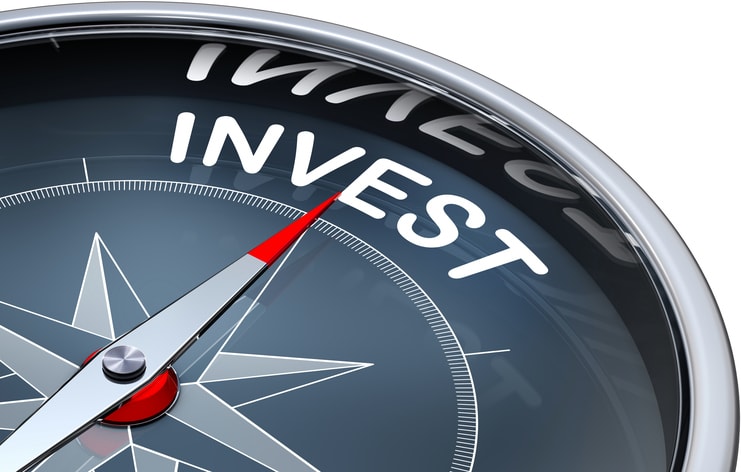Presented by Mr. Sugarman
Here are some of the smarter ways entrepreneurs can invest:
Invest in Counter Cyclical Assets Not Related to Your Business
Understandably, entrepreneurs want to be optimistic about their business and put everything into it. When it comes to investing, however, diversification protects overall wealth. For your personal portfolio, find investments that are countercyclical, which are assets that do well while the overall economy is not. For example, if your business is in the public equity market, invest in a commodity to diversify the portfolio effectively, says Jason Sugarman, a veteran private equity investor.
Decrease the “C”s and Increase the “I”s
This interesting piece of advice comes from Tai Lopez, the social media whiz who made an eight-figure business out of basically nothing. He suggests that entrepreneurs should routinely analyze expenses to identify which actually yields returns and which do not. The “C”s are the expenses related to consumption. The “I”s are the expenses that are actual investments that yield returns. According to Lopez, entrepreneurs should minimize the “C”s as much as possible and maximize the “I”s to increase the overall profit margin without being wasteful.
Invest in Recession-Proof Assets
In capitalism, the question is not whether if another recession is around the corner, but when. Ideally, investments should be able to outlast any type of economic condition. But that’s just not the reality we live in. If you want to make sure your wealth does not suffer during another economic downturn, find recession-proof assets to invest in. This is called hedging or investing in inversely correlated assets.
When the value of the dollar plummets, not all assets lose value. Some, in fact, increase in value. Precious metals like gold is a great example. The value of gold is inversely proportional to the value of the dollar. That’s why gold prices go up when the market stumbles. There are also other goods that can withstand a recession, like food. Look for assets that people cannot live without quite literally, like food, water, and shelter, which will be valuable regardless of how the market is doing. Diversify your portfolio with such investments to protect your wealth under any economic condition.
Convert Risky Stocks to Steady Bonds
Risky investments in the stock market can be thrilling and offer high yields. But an entrepreneur who relies heavily on risky stocks is not a smart investor. Entrepreneurs should stop and assess stock portfolios once or twice each year to identify the riskiest investments. Convert some of the risky stocks into much steadier bonds or fixed deposits. The returns on these assets are not as high, of course, but are better guaranteed. This tactic is known among veteran investors as holding and folding. Sometimes savvy players need to remove some chips to save the other chips. The same rule applies to investing.
Entrepreneurs need to learn how to diversify away from the businesses they are comfortable with to build a strong investment portfolio. Keep economic downturns in mind when doing so. Overall, have realistic expectations when investing to benefit from highest possible returns.







